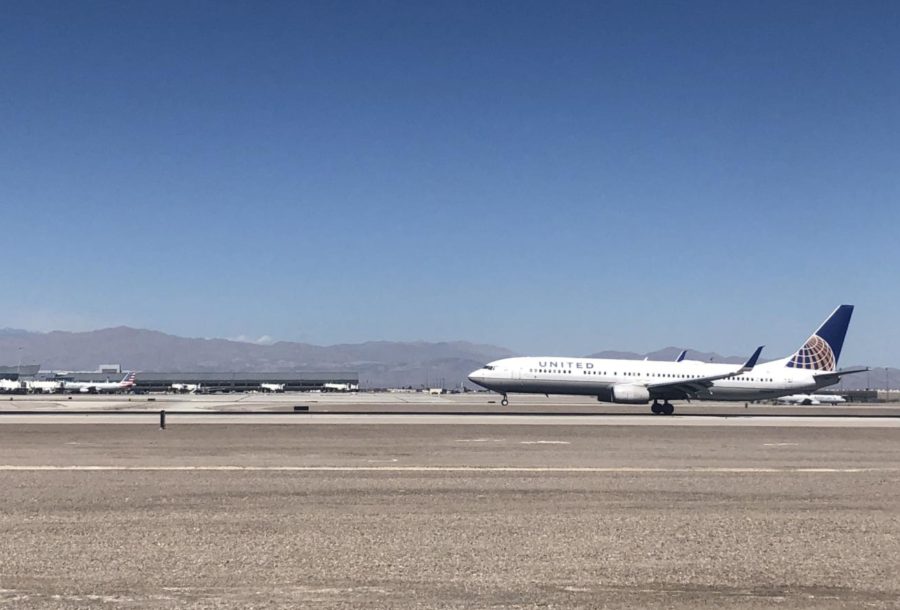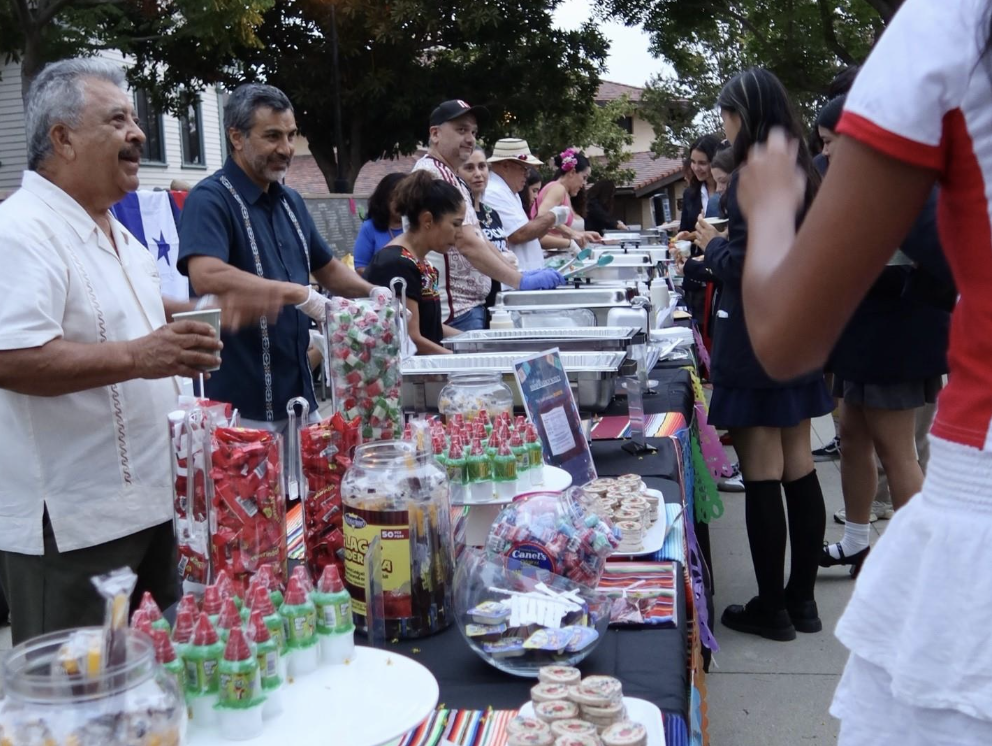The pandemic is a year old. Over half a million have died from COVID-19 in the US alone. And you think it is a good idea to go on a vacation?
In the classes immediately following each break this year, I have sat in my home, staring at my computer screen, and, invariably, listened to at least one of my peers recount their getaway to Mexico, or to Florida, or to the Bahamas over the break. I have heard stories of snorkeling and whale-watching and days on the beach. And I have, invariably, resisted the urge to throw my laptop across the room.
The CDC has issued an alert that, due to the high levels of COVID-19, all Americans should, “delay travel and stay home to protect yourself and others from COVID-19.” It goes onto say that “you and your travel companions (including children) may feel well and not have any symptoms, but you can still spread COVID-19 to family, friends and community during and after travel.”
Still, despite this warning, 45% of Americans reported to have taken a trip since the beginning of the pandemic.
Every time you travel, you put countless people in harm’s way. I do not care if you tested negative two days before; as soon as you leave the house again, the results of that test are irrelevant. So, unless you plan on quarantining for two weeks upon arrival to your destination, and then doing the same upon your return, you are putting people in danger.
The most recent and most deadly surge of COVID-19 cases proved this. Millions of people traveling through the holiday season led to the largest spike in cases since the pandemic began: over 300,000 new cases and 4400 deaths reported in a single day. As a result, in LA county, two people died every hour of COVID-19, and hospitals reached 0% ICU capacity.
But the case numbers are falling, you might say. The vaccines are being rolled out, you may be thinking. Think again.
New and more dangerous variants of COVID-19 have been identified in the UK, South Africa, and Brazil, and have since been made global by international travel. These variants, scientists predict, will likely be responsible for another (and, knock-on-wood, final) surge in cases sometime in the Spring.
The B.1.1.7 variant, more commonly known as the UK strain, spreads “more easily and quickly”; it may be up to 30 to 50 percent more infectious. It’s prevalence in the United States is doubling every 10 days, and accounts for 25% of all positive COVID tests currently. This strain has been identified in 46 states and 90 countries.
The B.1.351 variant, originating in South Africa, is dangerous because there is evidence that antibodies of previously infected are unable fight off the virus. Additionally, vaccine trials are showing that vaccines offer less protection against this form of the virus. This variant has been identified in 15 states, including California, and 48 countries.
The P.1 variant, first identified in travelers from Brazil, and may also be able to resist immunity from having already become infected. It has been identified in seven states in the US and at least 25 countries.
These strains have not been and will not be controlled as long as people continue to make the reckless and irresponsible decision to travel. Another surge in cases as a result of these variants will lead to another tens of thousands of lives lost before most Americans are even eligible to get the vaccine.
There is no way to travel 100% safely. We all know that. So, let’s get into what this situation is really a question of: ethics.
Before you leave your house, to go to an airport, to get on a plane, to travel to a different state or country, think about all the people that you will come in contact within that process. Think about their loved ones. Think about the people in the place that you are traveling to that may not have access to the vaccine. Think about the doctors and nurses that will care for you or them if you do end up getting sick, and year of trauma they have endured because of people like you, who have refused to listen to the medical professionals.
Staying home is objectively the right thing to do. There is no situation where the obviously correct thing is so simple. And while trips to the grocery store or even socially distanced meetups with friends are inevitable, those things cannot be compared to a multi-day vacation in another state or country. It is free to not travel, and yet so many of us are still doing it.
What these actions reveal is a fundamental lack of empathy. It is not that you are not aware of the damage that your actions can and will cause, it is that you do not care.







![Many Webb students spend their free time in the library watching a popular TV show like Riverdale and Euphoria. “Based off what I’ve seen, like in Euphoria, because the actors are older, they don't showcase an actual high school life properly,” Sochika Ndibe (‘26) said. “Since [the actors] are older [and] playing a teenager, from a girl’s perspective, it is going to make you think you should look more developed at a young age.” The actor, who plays Veronica Lodge, was 22 years old at the time of filming.](https://webbcanyonchronicle.com/wp-content/uploads/2025/03/Antecol-Media-affects-how-society-functions-graphic-1200x900.png)







